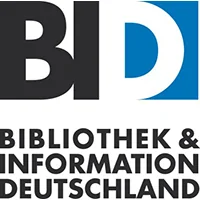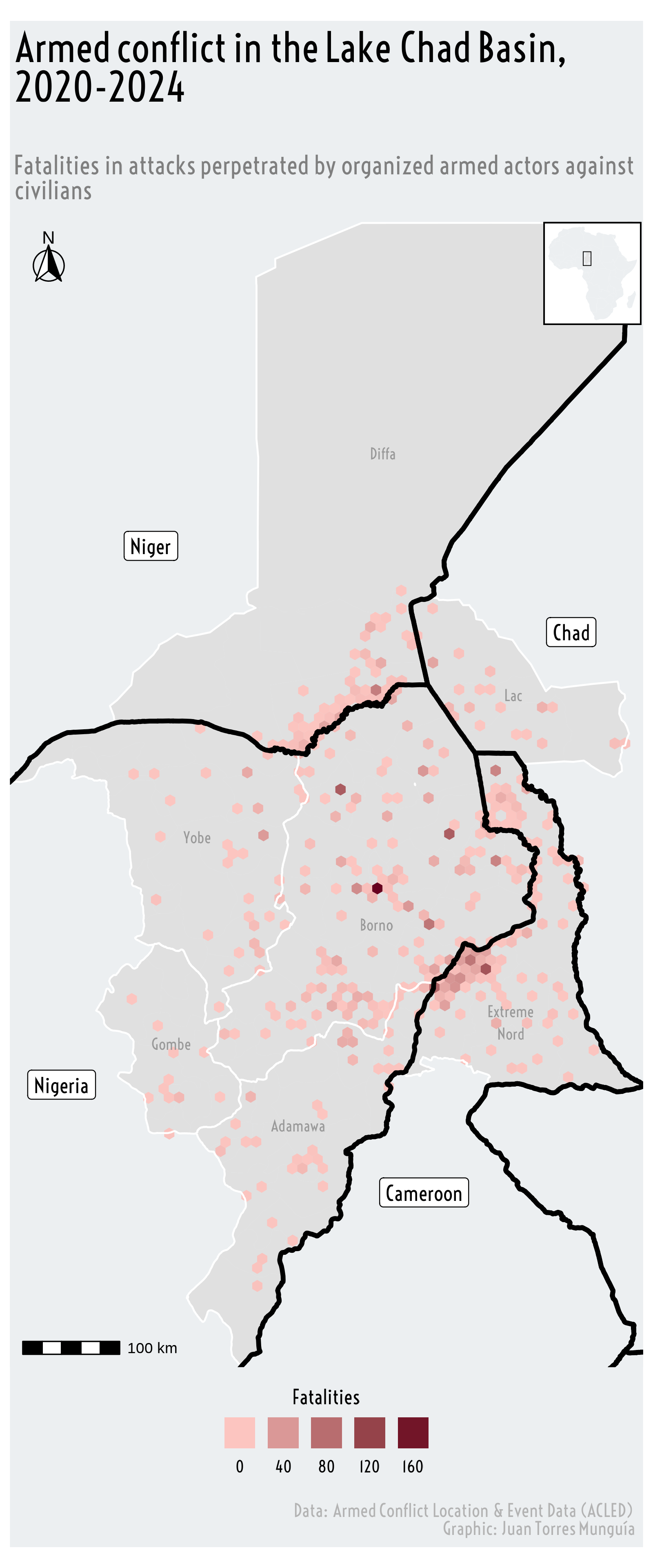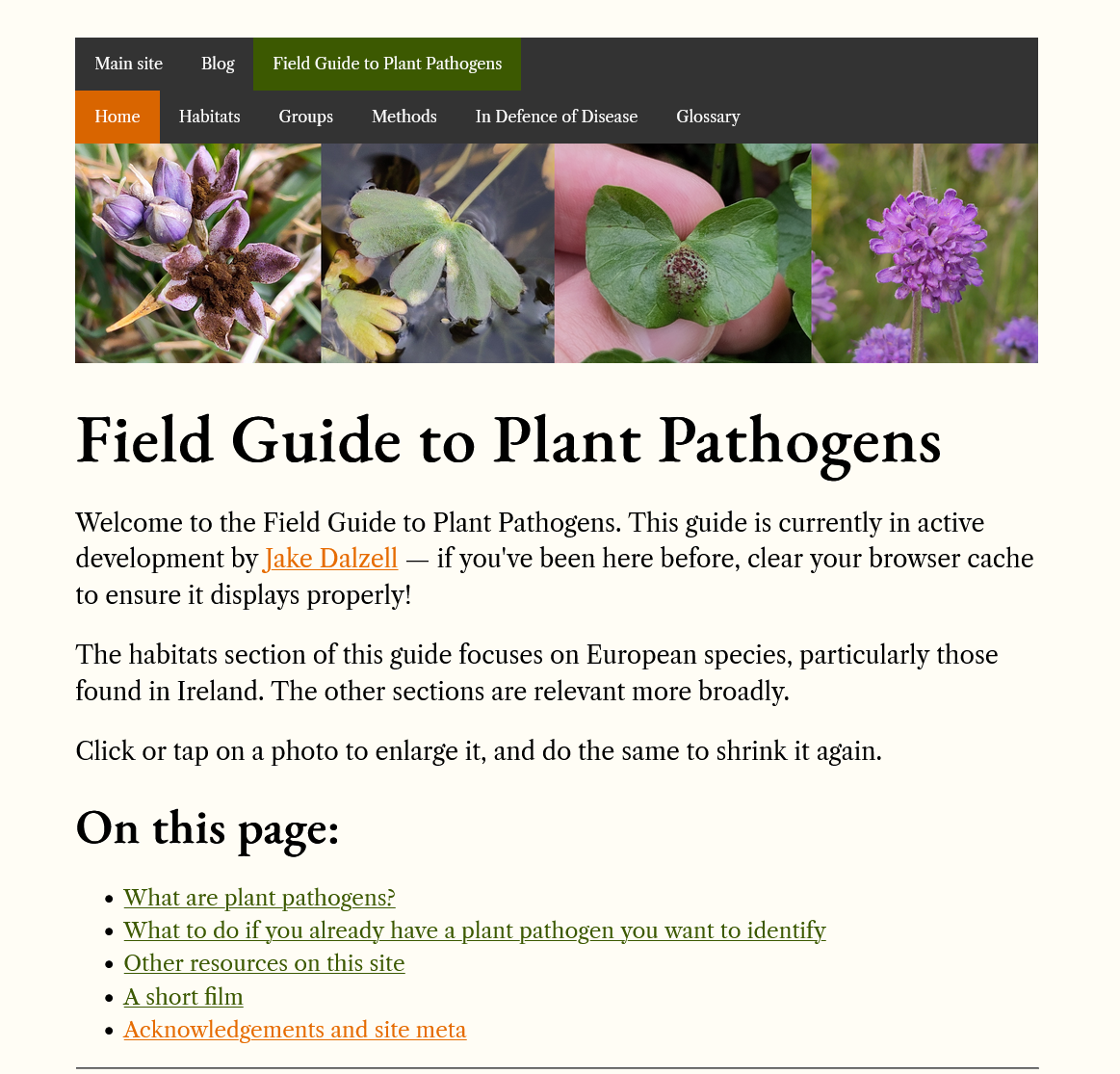We have great news: The call for applications to be part of the new cohort of our 2025 Program is now open! And for the first time it will be in Spanish! Our program seeks to identify, recognize and reward people who are leaders in an open science community, research software engineering and the R programming community. This year’s program is focused on people from Latin America and for the first time will be conducted entirely in Spanish.
Rogue Scholar Beiträge
Tenemos grandes noticias: ¡Ya esta abierta la convocatoria para ser parte de la nueva cohorte de nuestro Programa durante 2025! ¡Y por primera vez será en español!

Wir freuen uns zu verkünden, dass das Projekt Infra Wiss Blogs auf dem diesjährigen BID Kongress mit einem Vortrag sowie einem Hands-on Lab vertreten sein wird. Der Vortrag mit dem Titel “Kartierung deutscher Wissenschaftsblogs - Ergebnisse und Impulse” wird am 26. Juni von 11 bis 11:30 in Halle 4.1/Raum II stattfinden.

ACLED (Armed Conflict Location & Event Data Project) provides detailed data on political violence and protest events across the globe. This blog post explores the visualization of armed conflict in the Lake Chad Basin, focusing on the dynamics of violence against civilians in the region.

I know and appreciate Joseph, a Kenyan health leader from Murang’a County, for years of diligent leadership and contributions as a Scholar of The Geneva Learning Foundation (TGLF). Recently, he began submitting AI-generated responses to Teach to Reach Questions that were meant to elicit narratives grounded in his personal experience.
Names of chemicals are part of the human user experience when browsing a chemical database. And literature too, of course. Chemical names are also not easy to use, and what a chemical name means is not always clear. This is why the IUPAC started a standardizing nomenclature in chemistry, the IUPAC names. Each IUPAC name uniquely defines the chemical structure it defines. For example, methane is the IUPAC name for the chemical CH4.
I've been an avid user of GitHub since its launch, and it really has revolutionised how communities come together to work on open source. In recent years though, I find myself utterly overwhelmed by its notifications and want to experiment with alternative workflows.

Since I started seriously recording plant pathogens, I have been really encouraged by the reception and interest other biological recorders have shown. I think there is a huge potential for recorders on platforms like iNaturalist to generate a lot more data on the distribution of these overlooked taxa. When people have told me my interest is “niche” however, I have had to pause. What does “niche” mean?
I’ve just published a preprint on F1000 Research of a new article on community-led publishing projects at the University of Cambridge. It’s co-authored with Dr. Mandy Wigdorowitz at the University of Alabama. Title: “I just very much love the journal”:

In a world of perfect control, an unlikely bond reveals the fragile humanity within the synthetic
Auf der Tagung des Netzwerks Fluchtforschung im vergangenen Jahr hat sich eine Gruppe von Netzwerkmitgliedern zusammengefunden, die aus Bestürzung über die aktuellen migrations- und asylpolitischen Debatten ein Statement für eine evidenz- und menschenrechtsbasierte Migrations- und Asylpolitik verfasst hat.